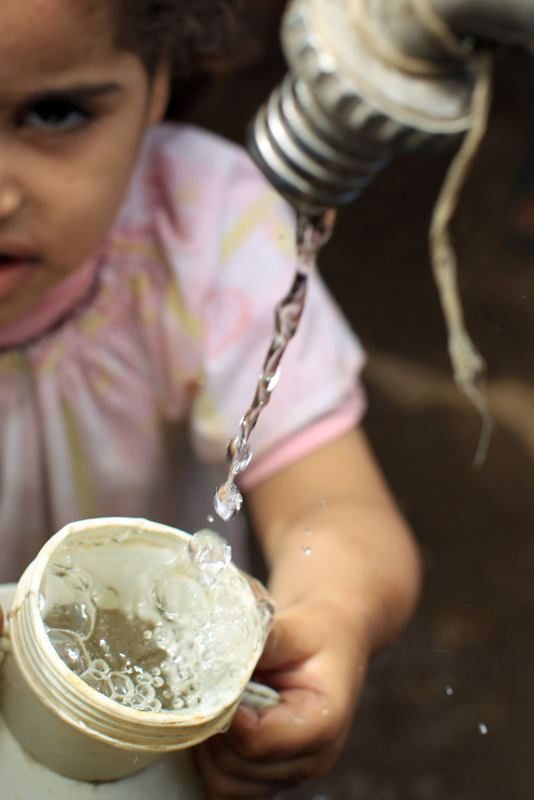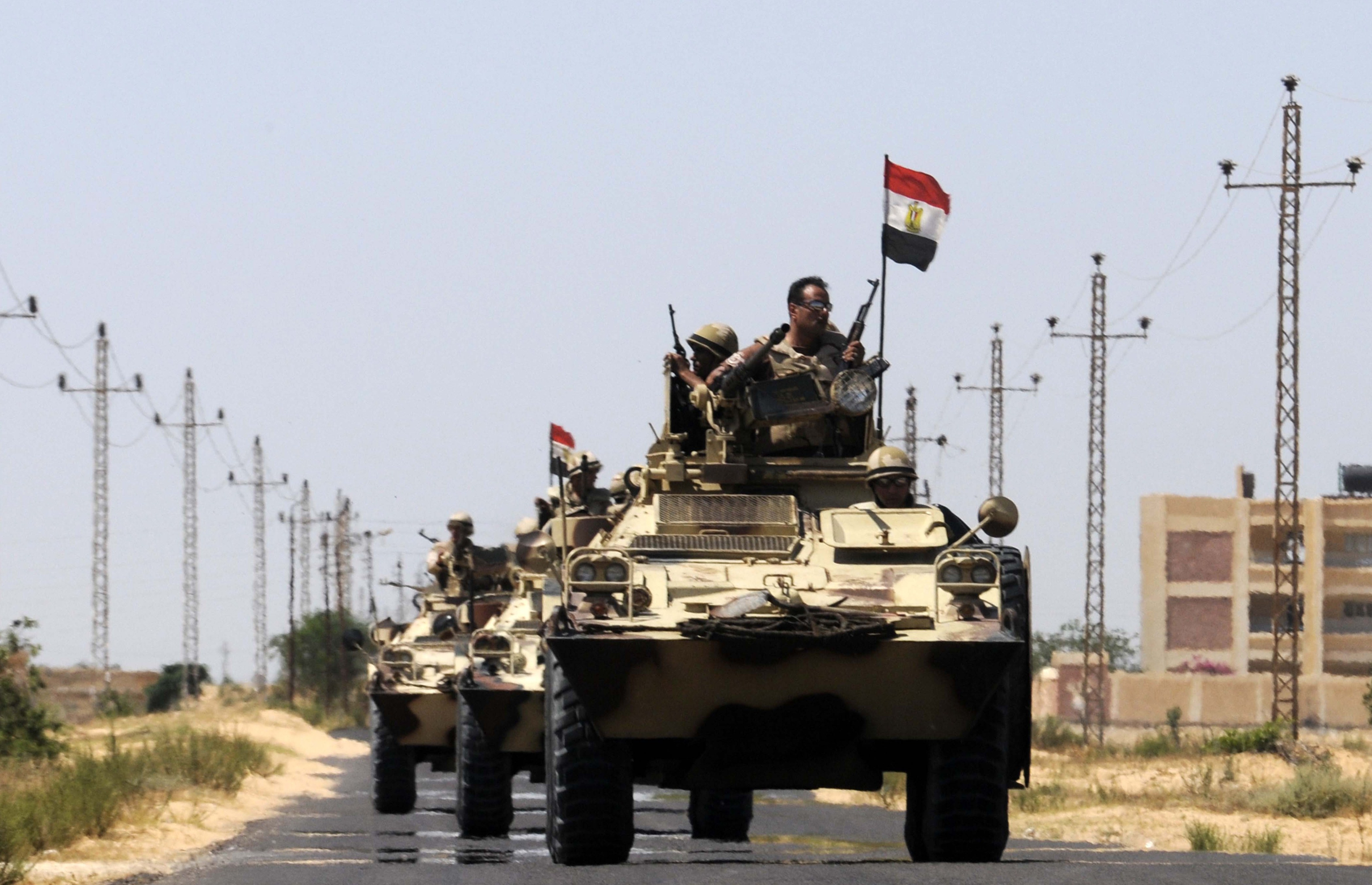CAIRO: International criticism of Egypt’s military rulers mounted Wednesday as police clashed for a fifth day with protesters demanding the generals relinquish power immediately. A rights group raised the death toll for the wave of violence to at least 38.
The United Nations strongly condemned authorities for what it deemed an excessive use of force. Germany, one of Egypt’s top trading partners, called for a quick transfer of power to a civilian government. The United States and the UN secretary general have already expressed their concern over the use of violence against mostly peaceful protesters.
Navi Pillay, the UN High Commissioner for Human Rights, deplored the role of Egypt’s security forces in attempting to suppress protesters.
"Some of the images coming out of Tahrir, including the brutal beating of already subdued protesters, are deeply shocking, as are the reports of unarmed protesters being shot in the head," Pillay said. "There should be a prompt, impartial and independent investigation, and accountability for those found responsible for the abuses that have taken place should be ensured."
She said the actions of the military and police are enflaming the situation, prompting more people to join the protests.
"The more they see fellow protesters being carted away in ambulances, the more determined and energized they become."
British Foreign Secretary William Hague expressed deep concern on Wednesday at the deaths of protesters in Cairo’s Tahrir Square and reports that "dangerous forms of gas" were being used.
Hague said: "I am deeply concerned by the unacceptable violence and loss of life which has taken place around Tahrir Square in Cairo and in other parts of Egypt.
"I am particularly concerned by reports of dangerous forms of gas being used against protesters as well as live ammunition," he added.
Hague said he had taken note of the commitments made on Tuesday by Egypt’s military ruler, Field Marshal Hussein Tantawi, to hold presidential polls by the end of June and that legislative polls would be held next week on schedule.
Britain’s top diplomat called on the Egyptian authorities to respect the right of peaceful protest "and immediately to cease the use of violence against protestors, including live fire and the use of gas."
"All those who are responsible for such disproportionate violence against peaceful protesters must be held to account," Hague said.
"I also call for the release of all those detained for peacefully expressing their views and urge the authorities to make good on their promises to end to military trials for civilians."
Hague said Britain had joined other countries in calling for a "clear, rapid timetable for transition to civilian-led democratic rule in Egypt."
"For such a transition to succeed, it is critical that parliamentary elections are transparent, fair and credible, and held in a secure atmosphere which allows Egyptians to express their political will freely," Hague said.
Germany urged Egyptian security forces Wednesday not to use violence against demonstrators amid deadly clashes in Cairo and called the protesters’ demand for democratic transition reasonable.
"The demonstrators’ desire for a quick transition to a civilian government is understandable and we hope that the Egyptian military government will listen to their demands and work on a transition plan toward democracy with the various opposition parties," said the spokesman, Steffen Seibert.
Seibert said the presidential election must be free and fair and called it "a very important test for Egypt on the path to democracy which could set an example for the whole region."
Clashes resumed for a fifth day despite a promise by the head of the ruling military council on Tuesday to speed up a presidential election to the first half of next year, a concession swiftly rejected by tens of thousands of protesters in Tahrir Square. The military previously floated late next year or early 2013 as the likely date for the vote, the last step in the process of transferring power to a civilian government.
The clashes are the longest spate of uninterrupted violence since the 18-day uprising that toppled the former regime in February.
The standoff at Tahrir and in other major cities such as Alexandria and Assiut has deepened the country’s economic and security crisis less than a week before the first parliamentary elections since the ouster of longtime authoritarian leader Hosni Mubarak.
Tantawi tried to defuse tensions with his address late Tuesday, but he did not set a date for handing authority to a civilian government.
The Tahrir crowd, along with protesters in a string of other cities, want Tantawi to step down immediately in favor of an interim civilian administration to run the nation’s affairs until a new parliament and president are elected.
The government offered more concessions on Wednesday, ordering the release of 312 protesters detained over the past days and instructing civilian prosecutors to take over a probe the military started into the death of 27 people, mostly Christians, in a protest on Oct. 9. The army is accused of involvement in the killings.
The military also denied that its troops around Tahrir Square used tear gas or fired at protesters, an assertion that runs against numerous witness accounts that say troops were firing tear gas at protesters.
Street battles have been heaviest around the heavily fortified Interior Ministry, located on a side street that leads to the iconic square that was the epicenter of the uprising earlier this year. Police are using tear gas and rubber bullets to keep the protesters from storming the ministry, a sprawling complex that has for long been associated with the hated police and Mubarak’s former regime.
The protesters, who have withstood tear gas and beatings, say they do not want to storm the ministry but are trying to keep the police and army from moving on nearby Tahrir Square.


